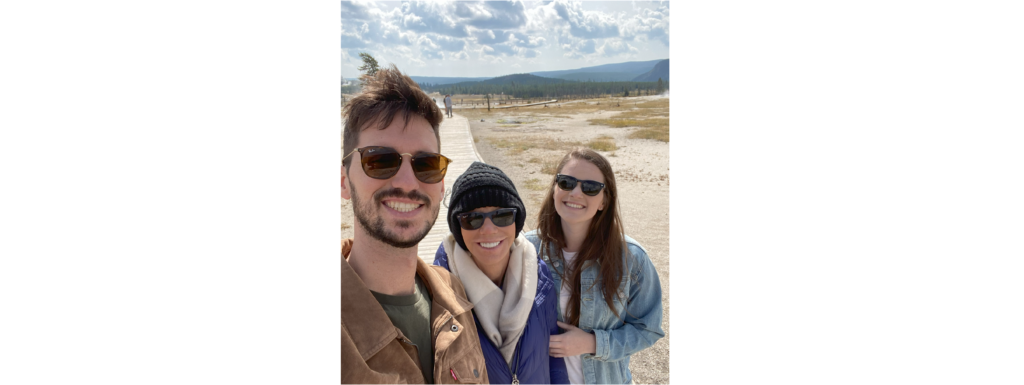We sat down with VOZ Summer Associate Navya Arora as she shared insights from the Patient Engagement for Medicines Development (PFMD) Clinical Trial Distribution webinar, co-hosted with Project PINK BLUE on Enhancing the Potential of Clinical Trials in Africa.
Originally from Toronto, Navya is pursuing a Master of Public Health at Columbia University. She brings a background in research and a deep interest in the human side of healthcare. Inspired by her family’s collectivist values and a lifelong curiosity about science, Navya is drawn to work that centers people’s stories and creates tangible impacts. She sees VOZ as the ideal intersection of her interests and aspirations.
You attended a recent webinar exploring innovative clinical trial models across Africa. What stood out to you the most?
I was really struck by the amount of powerful, grassroots work already happening across the continent. It challenged my mindset—especially coming from the US, where the clinical trial ecosystem can feel huge and unchangeable. But this webinar reminded me that whether it’s in Africa or the US, there are people doing incredible, community-rooted work that deserves wider recognition and replication.
It was also inspiring to see models that are actually transforming what clinical trials can look like—not just tweaking old systems. That kind of innovation is exactly what’s needed right now.
A major theme of the webinar was the value of lived experience in improving science. Why does centering patient voices matter?
I think science is often perceived as purely data-driven, especially in healthcare. But stories matter—they explain the “why” and “how” behind the numbers. Lived experience gives depth to the data and exposes the real-world impact of a condition, in ways that traditional metrics can’t.
From my own work, both in undergrad and now at VOZ, I’ve seen how patient voices highlight the gaps in current systems and assumptions. This is especially important when designing clinical trials. The data might look solid in a lab setting, but if the trial outcomes don’t reflect what patients actually care about or experience day-to-day, how meaningful is it?
One thing I learned during the webinar that really hit home: Africa has the highest genetic diversity in the world, yet so many treatments used there haven’t been tested with or for those populations. It made me question how we can call something “revolutionary” or “effective” when the people most affected weren’t involved in the process. That disconnect is a huge issue.
Integrating patient perspectives from the beginning—not just as an afterthought—makes trials more rigorous and relevant. That’s how we build better science.
The webinar covered a few promising models. Which one resonated most with you, and why?
Decentralized clinical trials definitely stood out. In my recent work at VOZ, this concept has come up more and more—and for good reason. Decentralization addresses a lot of access barriers, not just in Africa, but here in the US too.
Using digital tools and remote methods reduces the need for people to physically travel to trial sites. That’s a big deal for individuals with mobility issues, or those living in rural areas without reliable transportation. It also makes participation more feasible for people who can’t afford to take time off work, or who may be intimidated by entering a medical or academic institution.
The webinar emphasized something that I’ve heard echoed in the US, that decentralization can help include historically underrepresented populations in clinical research—people of color, low-income communities, those without flexible work schedules. These are the voices we often miss. Decentralized models don’t just expand access; they ensure that participation reflects the real diversity of patient experiences.
From your perspective, how is VOZ Advisors helping to support more patient-centric clinical trials?
Honestly, VOZ has made that commitment feel real from day one. The patient perspective isn’t just a box to check—it’s woven into everything the firm does. Every project I’ve worked on here prioritizes patient involvement as central, not supplemental.
What’s powerful is how collaborative the approach is. We’re not coming in with top-down solutions. We are partnering with clients who are equally committed to integrating lived experience into the development of medicine. There is a shared understanding that you can’t build effective healthcare solutions without centering the people those solutions are meant for.
I think what sets VOZ apart is that this work is not just theoretical—it’s practical. Every day, we’re finding new ways to embed patient voices into the research and development process, making clinical trials more ethical, inclusive, and ultimately more successful.




